There is nothing better against wrinkles, imperfections and loss of elasticity! Retinol is the current anti-aging ally that women (and some men) are desperate for. But when to start retinol? How to choose it? What are all its benefits? And the risks? If you haven’t introduced this cosmetic active ingredient into your beauty routine yet, our guide will be very useful to you. Follow us to find out how to give your face a boost of radiance!
When to Start Retinol? At What Age? Why?
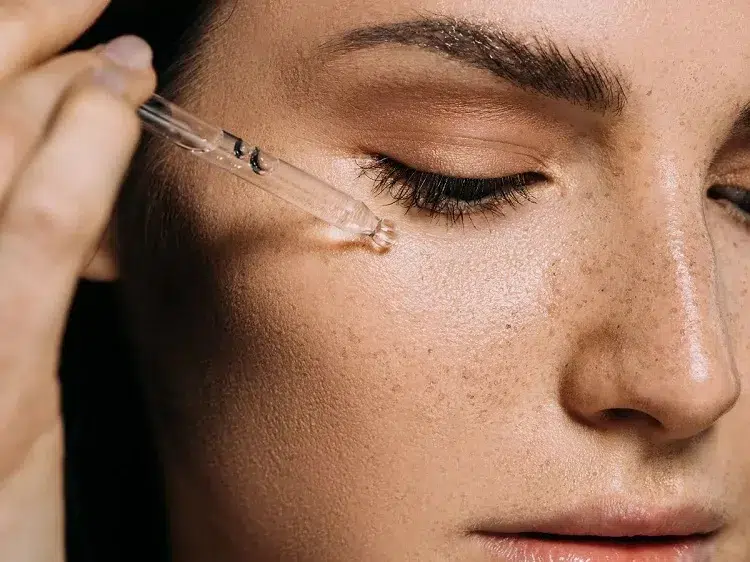
Applying anti-aging treatments regularly is good But applying them at the right time is better! Theoretically, the skin aging process begins at 20, even if nothing is yet visible on the outside. But, in practice, each skin is different. In other words, some women are more predisposed to wrinkles and imperfections than others. The reason? Genetic factor, lifestyle, diet, environment, etc. The best diagnosis in this case is the mirror! The first signs of ageing normally start with the complexion. Over time, it begins to lose its radiance, becoming duller. That said, if you protect your skin with appropriate anti-aging active ingredients. One of these is, unsurprisingly, retinol.
Belonging to the retinoid (vitamin A) family, this beauty ally is found in almost every anti-wrinkle cream or serum. According to the National Library of Medicine, it has been scientifically proven that retinol not only acts on the surface of the epidermis, but also deep down in the dermis to fight the various signs of aging: wrinkles, pigment spots, loss of radiance and elasticity. As an anti-oxidant, it is highly effective against the free radicals formed by the sun’s rays and pollution, which are responsible for premature ageing. In short, it’s good for anyone over 20!
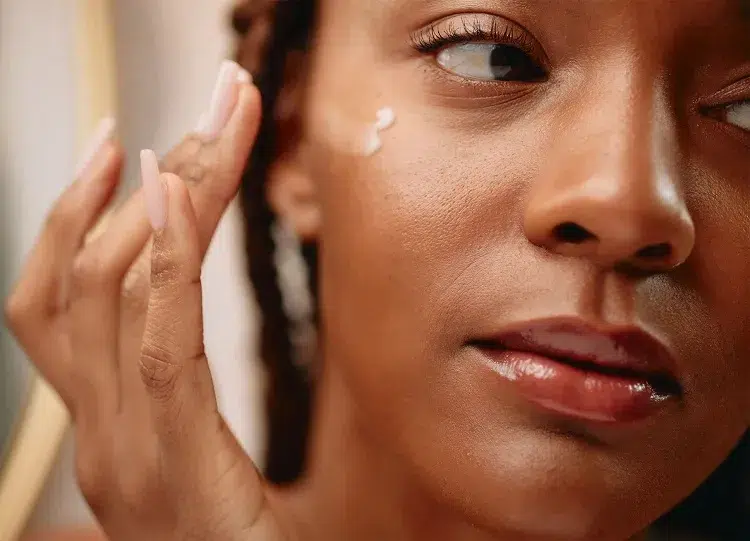
At 20 against Imperfections
Retinol is suitable for all skin types, including acne sufferers. You can start using it at the age of 18, as an anti-acne treatment to reduce inflammation and pimples, and to control sebum. After the age of 20, its effectiveness becomes even more important as the first signs of aging begin to appear.
Also read: Can You Remove Blackheads with Toothpaste? Does This Method Really Work?
After 25: Introduce Anti-Ageing Treatment into Your Beauty Routine
Stress, poor diet, pollution, fatigue, lack of sleep… your twenties are probably the best time to try anti-aging treatments, even if nothing is yet visible on the face. So, to preserve your youthfulness, rely on light treatment based on retinol that you will apply at the end of your routine, just before going to bed. The result? Your skin will be better hydrated, produce more collagen and renew itself more rapidly.

After 30 to Prevent Wrinkles
As already mentioned, retinol accelerates skin renewal, which goes a long way in preventing wrinkles in your 30s. It has a peeling effect, removing dead skin cells from the surface of your face. The result is softer, brighter and more even-toned skin.
After 40 to Eliminate Imperfections
While retinol isn’t compulsory in your 20-ies, from the age of 40 onwards, it becomes a necessity in the fight against ageing and all the imperfections that come with it. Wrinkles, fine lines, pigment spots, dull complexion… After the age of 40, there’s everything. What if we told you that retinol also plays a role in melanin synthesis. Over time, it helps erase signs of hyperpigmentation, in addition to smoothing the skin.
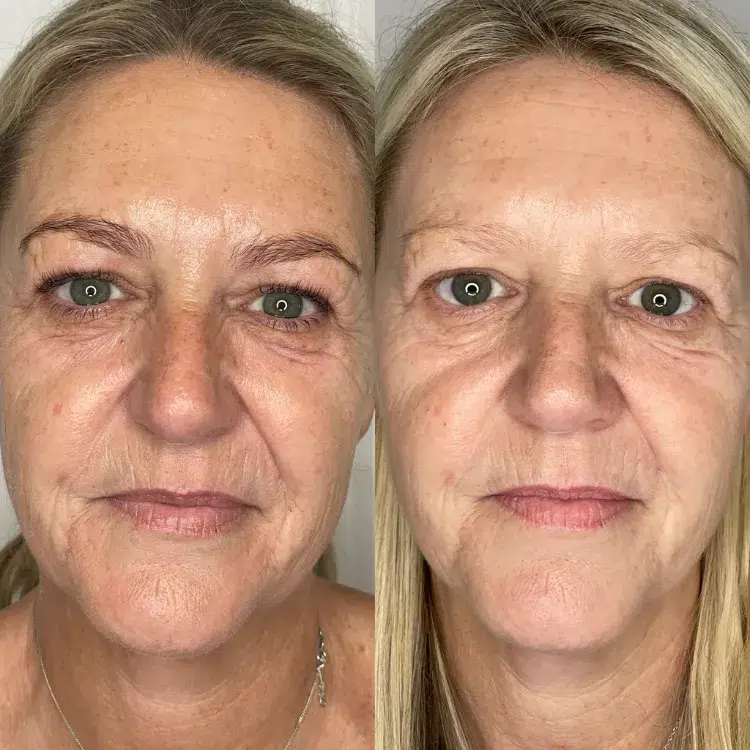
After 50 to Smooth Wrinkles
Does retinol remove wrinkles? Yes! An antioxidant par excellence, retinol fights (as already mentioned) free radicals, responsible for premature skin ageing. In our anti-wrinkle creams, it helps reduce skin lines and smooth the skin’s surface. In addition, retinol ensures better production of collagen, elastin and hyaluronic acid. Should you use polyglutamic acid serum or hyaluronic acid over 50? As a result, skin becomes firmer and plumper.
Also read: Anti-aging care: What is the best collagen to take from the age of 25 to prevent wrinkles?
Which Retinol to Choose to Start With?
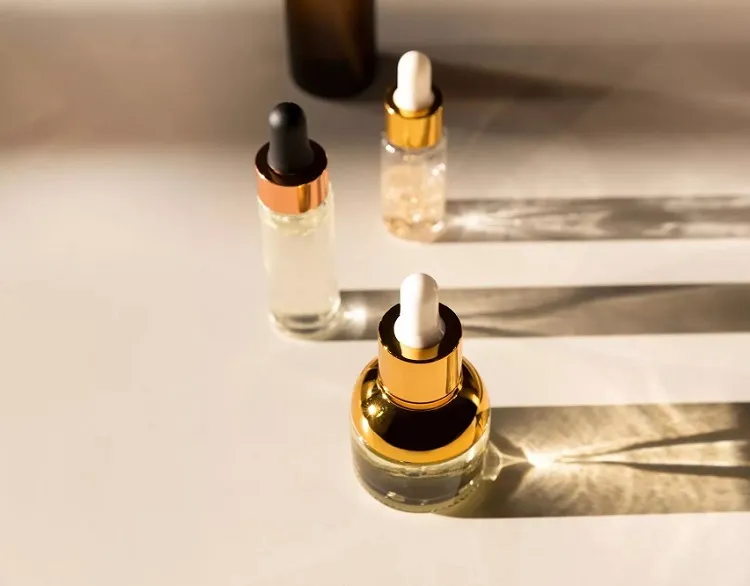
Even though it is found in many daytime treatments, retinol is the best friend of the evening routine. To start on the right foot, choose a product with a low percentage, i.e. 0.1 or 0.2%. Also, opt for products with airtight, opaque packaging for longer shelf life. Be careful when combining it with other products. This is the most common mistake made by beginners who don’t know how to use it. Bear in mind that retinol does not like skincare products containing vitamin C or alcohol. The same goes for exfoliants and homemade scrubs. Retinol is a powerful cosmetic active ingredient that requires certain precautions. Otherwise, it can cause irritation, blemishes, itching and even swelling.
Please note: It is not uncommon to feel slight discomfort after the first applications, especially if you have dry or sensitive skin. Of course, there’s no need to worry. Remember to do a skin test beforehand. On the other hand, if the side effects persist, consult a specialist!
Also read: What are Resveratrol Benefits and Side Effects – All You Need to Know!
How to Apply Retinol? An Easy Technique on Video
Whether in the form of oil, cream or serum, retinol is applied to the entire face (+ the eye area), neck and décolleté. If you are a beginner, it is important to take it step by step, that is, two evenings a week. During the day, wear SPF protection, even when there is no sun.
When to Stop It? Precautions to Take
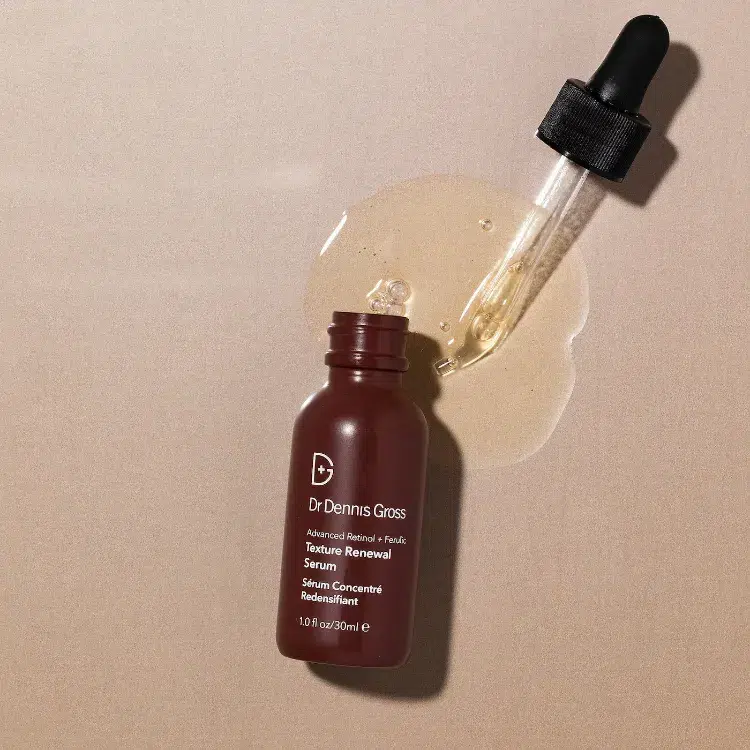
Does retinol damage the skin? No, if it is used properly! Being sensitive to air, light and certain products derived from vitamin A, specialists advise using it only in the evening and combining it with other anti-aging active ingredients with caution. In other words, beware of glycolic acid and salicylic acid which have the same properties. Otherwise, redness, irritation or even swelling may occur. Finally, given that retinol-based treatments are applied to the face, décolleté and neck, remember to protect these areas from the sun by regularly applying sunscreen. Ideally, you should stop using retinol at the height of summer, or when you’re on vacation in a hot location.
Also read: What are NMN Benefits – Can We Stop Aging with Supplements?
